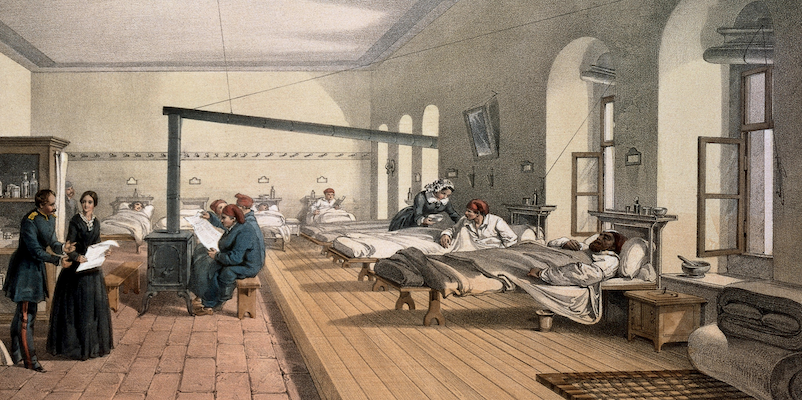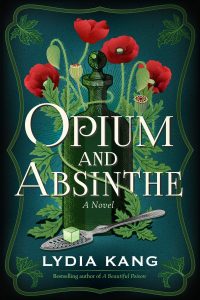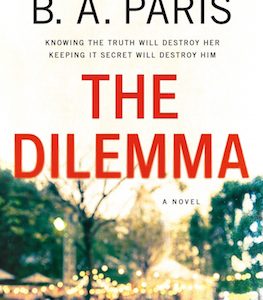Early on when I was trying to get published, I often felt like I had this secret identity as a writer, and my real-life identity as a physician. It seemed somehow very…irresponsible…to be throwing out creative ideas onto the page, such as teens with weird mutations (Control) or a character who sinks ships to feed a thirst for death (The November Girl).
As I pushed past my inhibitions about this new, secret identity, I soon realized that my knowledge as a physician and my fascination with medical history, pharmacology, and toxicology all came in super handy when it came to writing fiction. As a result, many of my books have medical themes in them. In my most recent release, Opium and Absinthe, readers will meet Tillie Pembroke, a sheltered young woman who pushes through the restrictions in her life to solve the puzzling vampire-like murder of her sister. She battles an opiate addiction and questions everything to seek the truth. But one thing is for sure: the history of medicine played a big part in how I decided to write the story. In all accurate historical novels, history is the ghost writer, lending its hand to every page.
As a nod to the history of medicine, this particular list touches on books that have been shaped by medicine’s long and messy past. Readers will thoroughly enjoy discovering how medical history has shaped the lives of these characters—for better, and for worse.
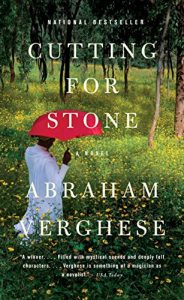
Cutting for Stone by Abraham Verghese
Medical details are woven throughout this sprawling, atmospheric story of twins (initially conjoined) born in Ethiopia to a nun and a physician in the 1950s. Verghese is a masterful storyteller and instills all the facets of humanity in the struggle for the twins, Shiva and Marion, to evolve and search for resolution in their conflict with each other. A gorgeous book.
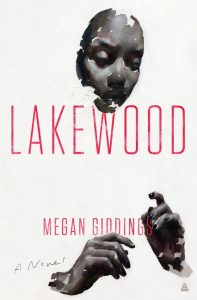
Lakewood: A Novel by Megan Giddings
A Black millennial named Lena Johnson must drop out of college to earn money for her family, and finds a perfect job: participating in top secret research for high pay and a free place to live. It seems too good to be true, and readers will learn with Lena soon enough what the truth holds. Though this book is contemporary, the echoes of the horrible history of how Black people have suffered through medical experimentation practically scream out from the plot. You will find yourself transfixed. A fantastic new novel, and one not to miss.
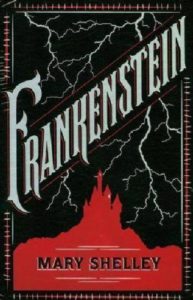
Frankenstein by Mary Shelley
It’s been done over so many times in so many ways—inspired book plots and movies—but if you can, go back to the original novel and you’ll truly get to appreciate that Gothic and Romantic feel of the prose and story. It is terrifying, it is sad, it is shocking. Modern iterations can’t get it just right in their versions. It’ll leave you with a lot of complicated emotions, the mark of a great book.
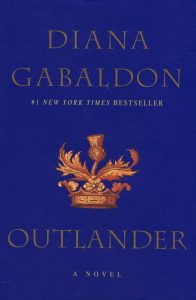
Outlander by Diana Gabaldon
Yes, it’s a beloved TV series, and no, I haven’t watched it. But this book will show you why it’s such a hit. Just after World War II, a nurse on her honeymoon is magically transported to 1743 Scotland. I loved seeing everything through Claire Randall’s eyes, because you’d use the same logic to view this impossibility. As a nurse, Claire’s medical acumen becomes a lifesaver. It’s easy to look back in time and scoff at how things were so medically backwards. In Outlander, Claire gets to do something about it.
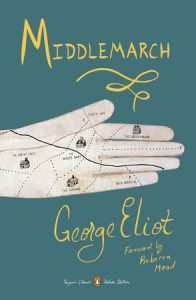
Middlemarch by George Eliot
I have a particular love for 19th century English literature, but I read Middlemarch much later after reading and rereading all those Austen/Bronte books. This particular novel features a Dr. Lydgate, whose medical philosophy places a historical marker on the time period. What’s more, he’s quite an imperfect character, which I love to read. Doctors are far from being infallible and purely selfless beings, and I like seeing those facets in books.
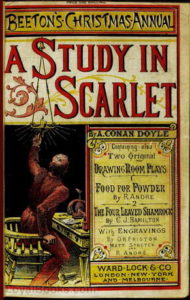
A Study in Scarlet by Sir Arthur Conan Doyle
Reading about Sherlock Holmes through the eyes of his colleague, Dr. Watson, is all too fascinating. I watched the BBC series before I read this, so was delighted to see how closely the BBC version kept to the original novel. The play between Watson’s pragmatic, clinical eye and Holmes’s whirring mind is everlastingly entertaining.
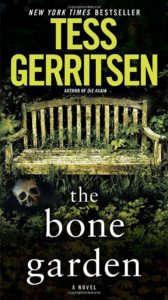
The Bone Garden by Tess Gerritsen
Gerritsen is a prolific contemporary medical thriller writer, but The Bone Garden takes a step back in time for a change. We learn about murders in 1830 that may or may not involve a resurrectionist (a body snatcher who steals corpses for anatomy lessons). Only this resurrectionist is innocent, and must prove it. Gerritson seamlessly weaves two narratives from the present day and the past. You’ll be holding your breath until that last page.

The Alienist by Caleb Carr
I swear I’m not purposefully picking things that have been made into movies and Netflix series, but I guess that happens for a reason! An alienist is an old-fashioned term for a psychologist, and in turn of the century New York City, an alienist is just what’s needed to catch a serial killer. The historical details are perfect, immersive, and fascinating.
***

